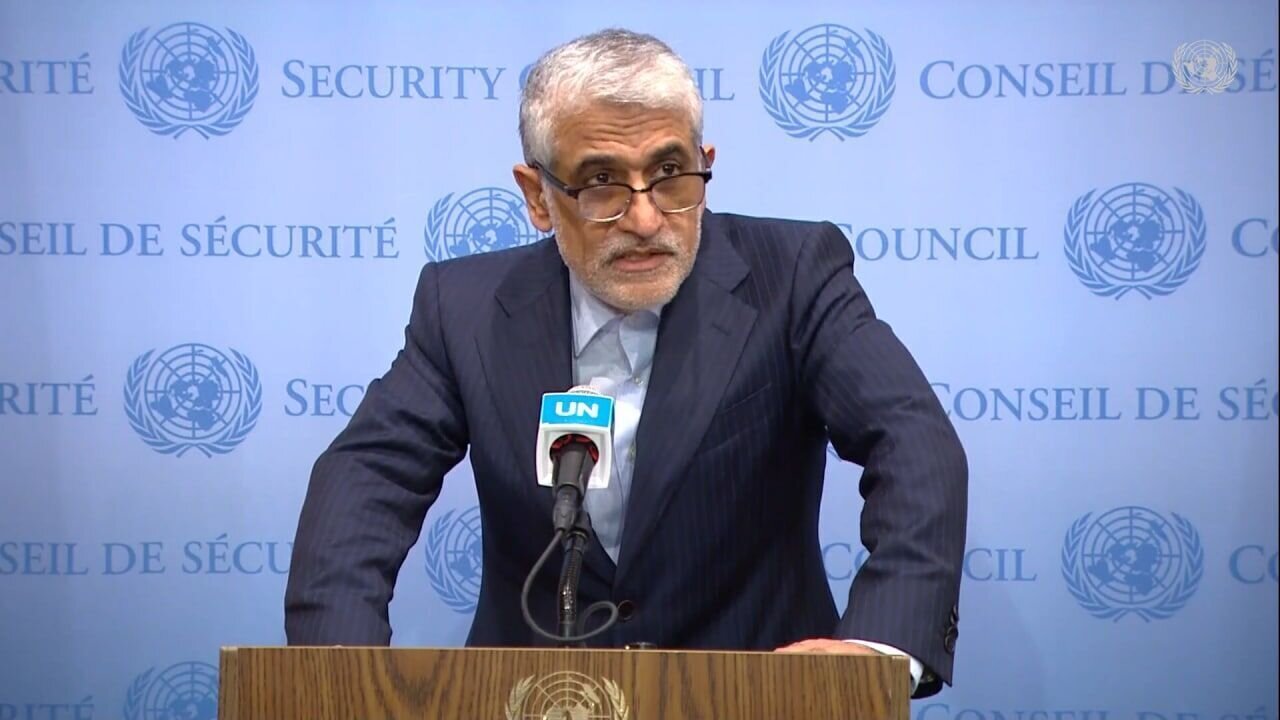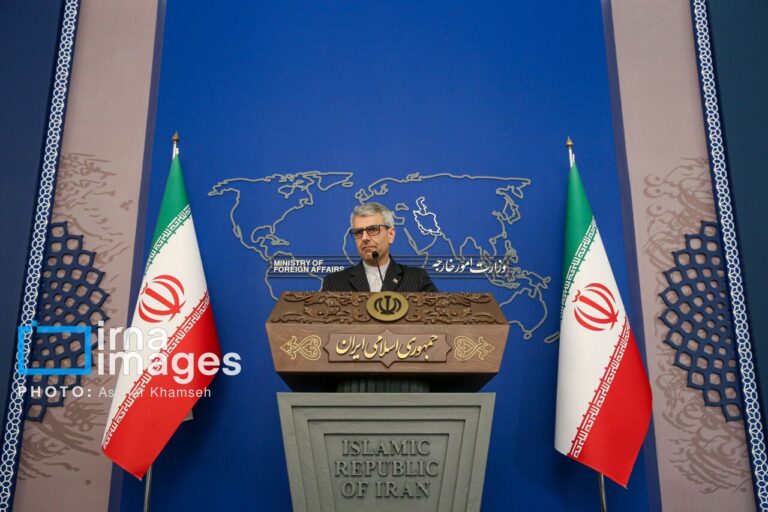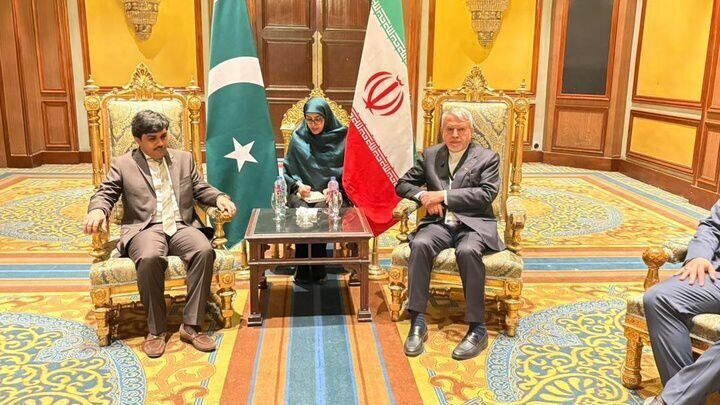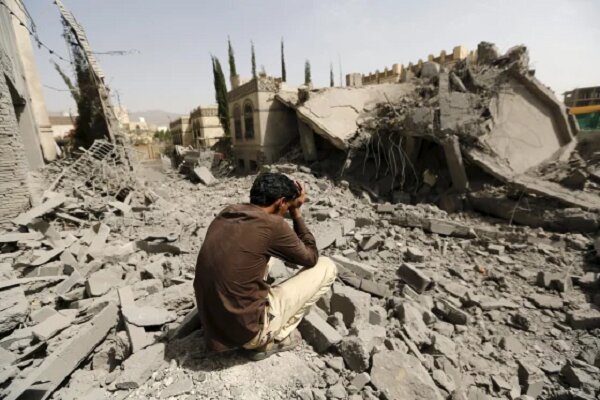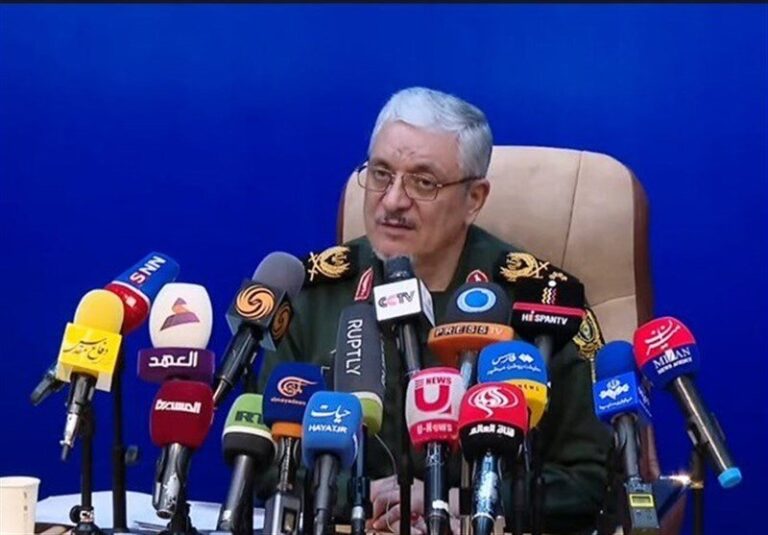Iran Refutes Claims of Yemen Embargo Violations: A Bold Denial Amidst Tensions
Amir-Saeid Iravani, the Ambassador and Permanent Representative of the Islamic Republic of Iran to the United Nations, recently addressed claims regarding Iran’s alleged violation of the U.N. arms embargo on Yemen. These assertions, he argues, are completely baseless.
Iravani made these remarks during a UN Security Council meeting titled “Strengthening Maritime Security through International Cooperation for Global Stability,” held in New York. His statements highlight Iran’s commitment to maritime security and international law.
In his speech, Iravani acknowledged Greece’s presidency of the Security Council, expressing gratitude for convening this important open debate. He emphasized the significance of freedom of navigation, stating:
“Freedom of navigation is a cornerstone of international law, and maritime security is essential to its protection. Together, they support global peace, stability, and the uninterrupted flow of trade.”
However, he pointed out that these principles currently face numerous threats, including:
- Piracy
- Transnational organized crime
- Trafficking
- Cyberattacks on maritime infrastructure
He further elaborated that these challenges are compounded by unilateral coercive measures, the military presence of certain powers, and acts of aggression that politicize maritime security under the guise of protecting freedom of navigation.
As a significant coastal nation in the Persian Gulf and the Sea of Oman, Iran plays a vital role in maintaining the safety and stability of the Strait of Hormuz. Iravani stated:
“Our naval forces also play a key role in securing strategic corridors, including the Bab el-Mandeb Strait and the northern Indian Ocean, ensuring safe passage for commercial and oil vessels and contributing to regional and international maritime security.”
Iran has consistently advocated for inclusive regional cooperation to achieve lasting maritime stability. However, Iravani noted that unilateral coercive measures, especially the extraterritorial sanctions imposed by the United States, are detrimental to collective endeavors. He asserted:
“These illegal actions have severed legitimate trade ties, led to the unlawful seizure of Iranian oil cargo, and violated international law and the UN Charter, threatening the safety of global navigation.”
Furthermore, he argued that maritime security should not be selective or interpreted unilaterally. It must be upheld universally, predicated on international law, non-discrimination, and full respect for state sovereignty.
Iran remains dedicated to international maritime law and collaborates with all responsible stakeholders to ensure that sea lanes are open, secure, and governed by the rule of law, rather than by the rule of force. Before concluding his address, Iravani strongly rejected the politically motivated accusations from the representatives of the United States and the Israeli regime. He stated:
“These accusations are not only misleading but also deliberately attempt to distort the realities in the region to deflect attention from the root causes of instability and insecurity in the Red Sea and beyond.”
He categorically denied allegations that Iran is violating the U.N. arms embargo on Yemen, emphasizing that Iran has consistently rejected any involvement in activities contravening relevant Security Council resolutions. Iravani pointed out:
“Resolution 2216 (2015) has been repeatedly misused by the United States to justify its unlawful unilateral measures beyond the Council’s mandate.”
He made it clear that the underlying causes of instability in the Red Sea and the broader region are rooted in Israel’s ongoing actions in Gaza, along with its continued aggression and occupation across various territories, which occurs with full U.S. support and impunity. Iravani remarked:
“This reality cannot be ignored or deflected by disinformation. The Security Council must address these underlying causes and uphold the international legal order upon which global maritime peace and security depend.”
In summary, Iravani’s statements at the UN Security Council meeting highlight Iran’s commitment to maritime security and international law, while firmly rejecting allegations of violating the U.N. arms embargo. The importance of addressing the root causes of instability in the region is emphasized as essential for the maintenance of global maritime peace.
As global attention shifts towards maritime security, the dialogue surrounding these issues becomes increasingly relevant in fostering cooperation and stability in international waters.
